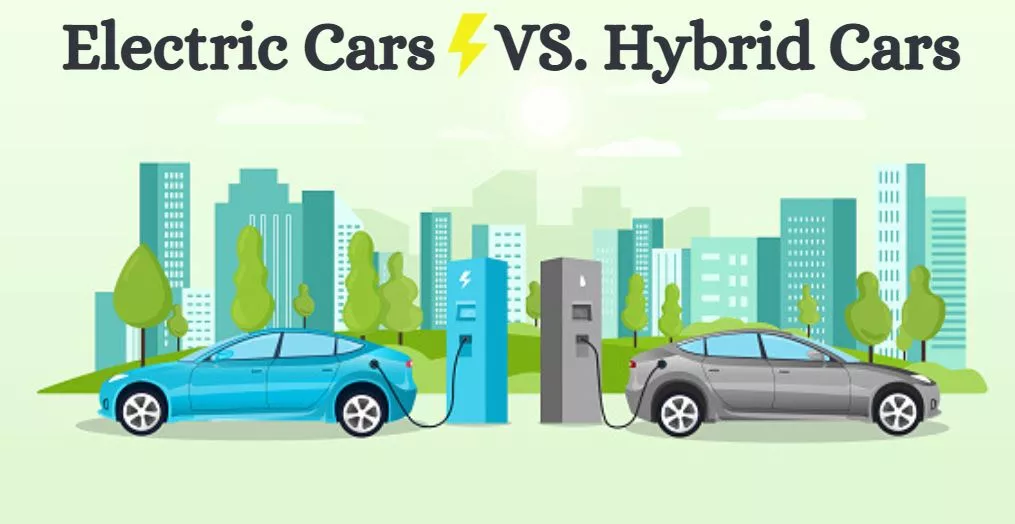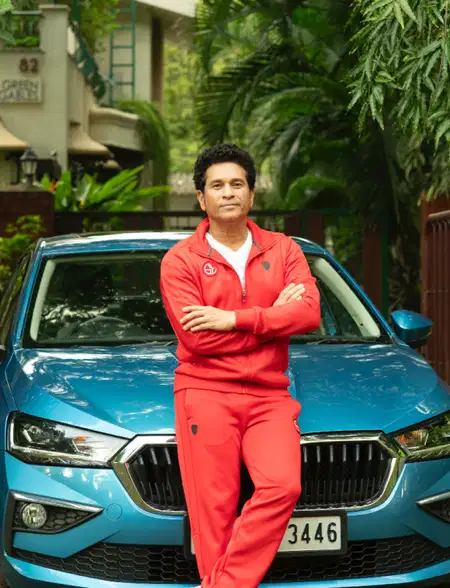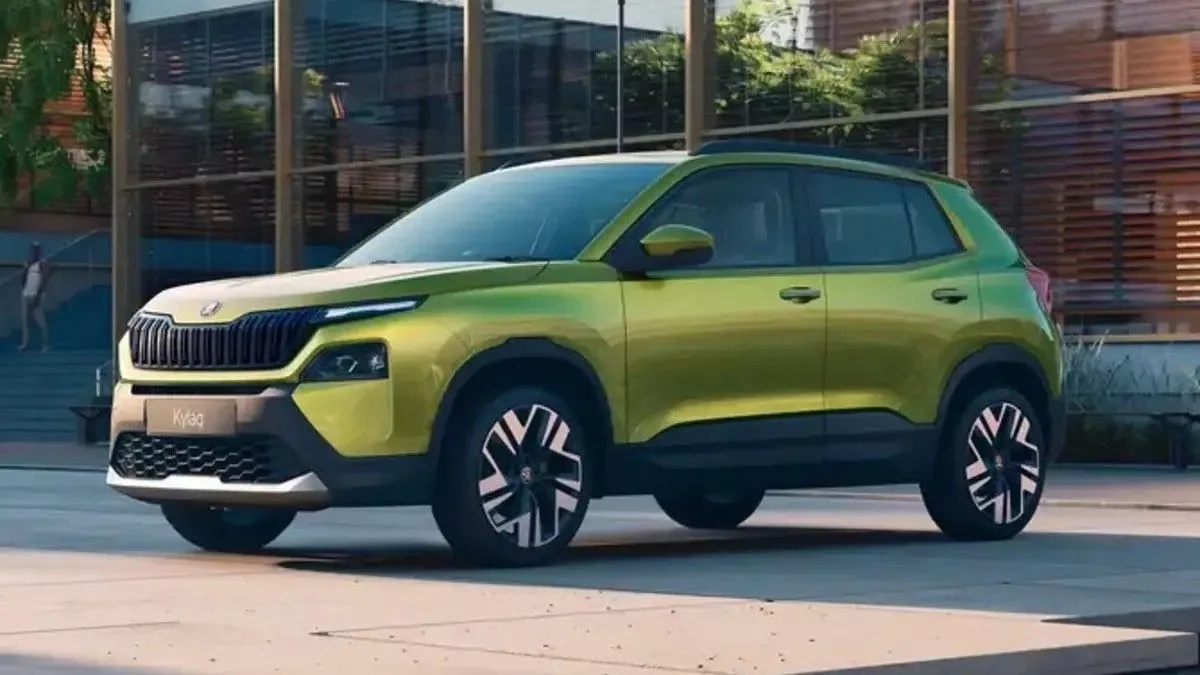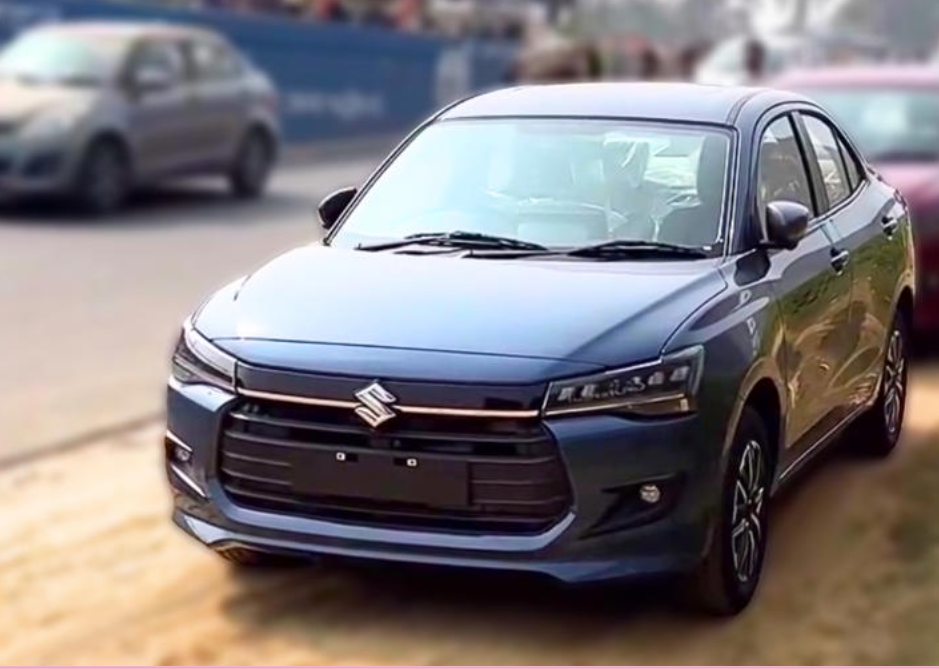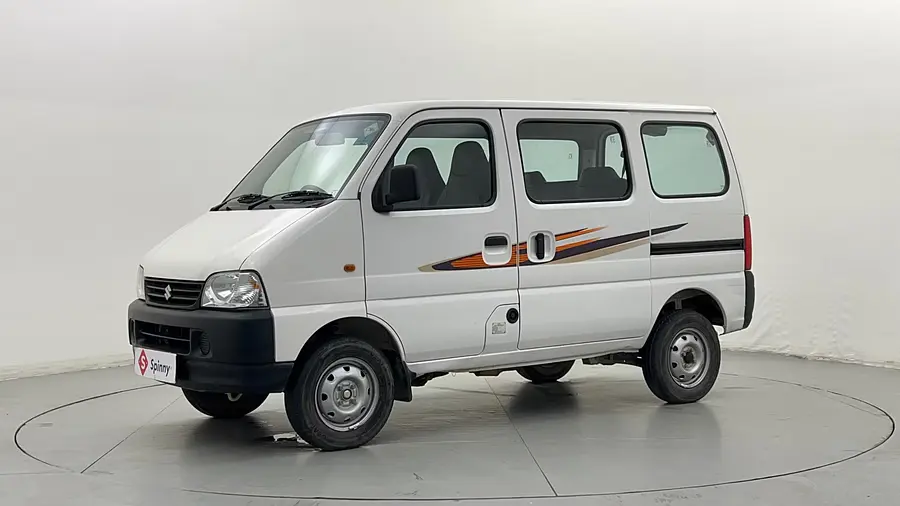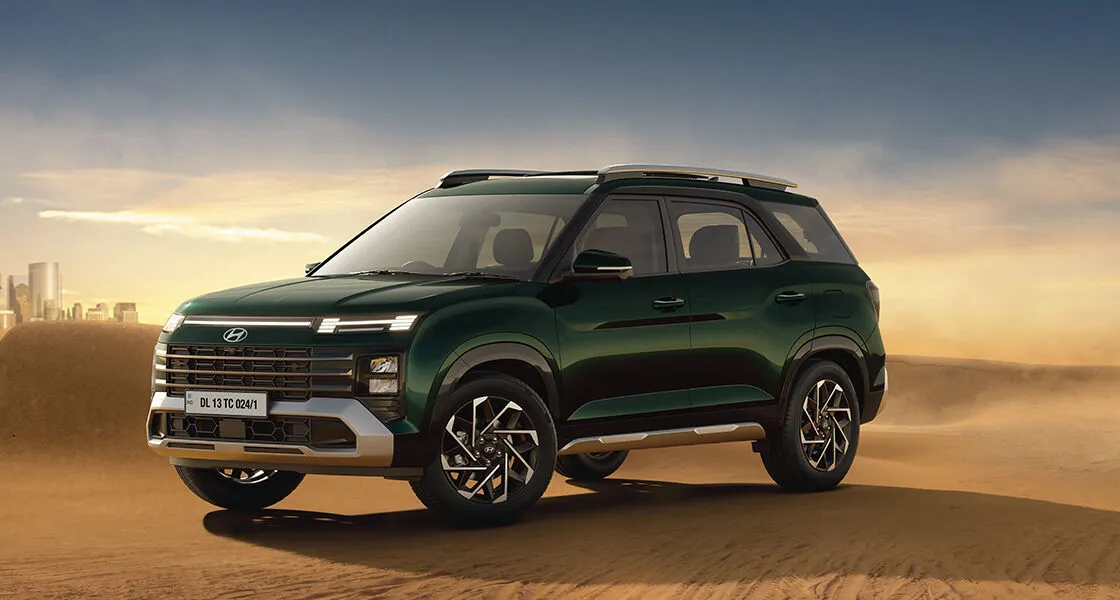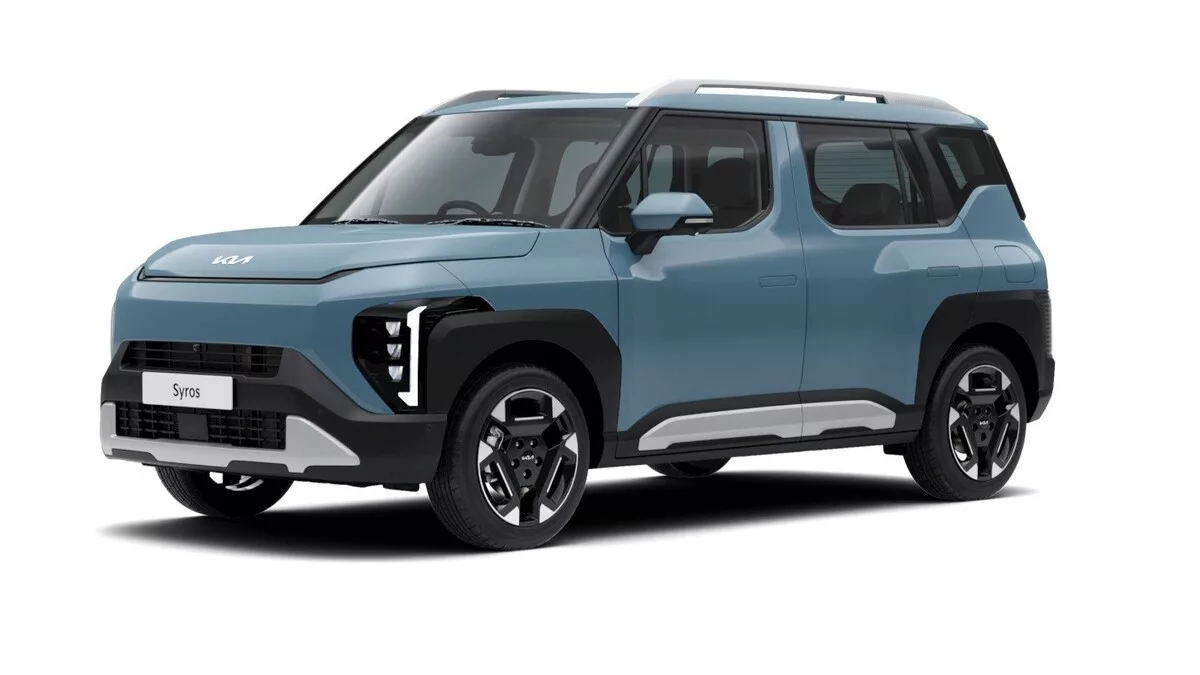The Indian automobile industry is rapidly growing with strong hybrids and electric vehicles.The consumers are seeking cost effective and environmental friendly alternatives to traditional petrol and diesel vehicles which makes the choice between EVs and strong hybrids increasingly significant. A comprehensive comparison analysis between EVs and Strong hybrids is done examining factors such as purchase price, efficiency, maintenance costs, and overall running expenses over a period of 20 years in India. By understanding these parameters, consumers can make informed decisions that align with their budget, driving habits, and environmental priorities.
But the question arises which one to choose out of the two. We get to the bottom of this by comparing popular strong hybrid cars in India with popular electric vehicles over various parameters.
EVs vs strong hybrid Cars: Cost of Purchase
When comparing the cost of purchasing strong hybrid cars and electric vehicles (EVs) in India, it’s crucial to consider the initial investment required for each type. EVs and Strong hybrids have a high initial cost compared to petrol and diesel variants which can be a significant barrier for many buyers and a proper budget planning needs to be implemented. For the analysis, we are choosing cars from the midsize SUV segment as well as the MUV segment to provide an almost like-for-like comparison.
| Car | Average price |
| MARUTI GRAND VITARA | Rs.10.99-19.93 Lakh |
| MG ZS EV | Rs.18.98-25.20 lakh |
| Toyota Hycross | Rs 19.77-30.98 lakh |
| BYD e6 | Rs. 29.15 Lakh |
The Maruti Grand Vitara, being a strong hybrid, has a lower starting price compared to the MG ZS EV, which is an electric vehicle. The difference in the starting price ranges from approximately Rs. 6 to 8 Lakh. This gap helps consumers determine whether the long-term savings in running costs and maintenance can offset the higher initial investment and is an essential factor that should be considered in the cost-benefit analysis.
On the other hand, the price range of the Toyota Hycross overlaps with that of the BYD e6, with the Hycross starting at a lower price but potentially costing more at its higher end. The minimal price difference at the upper end of the range suggests that for consumers willing to invest around Rs. 30 Lakhs both the strong hybrid and the EV are viable options. The choice then depends more on other factors such as personal preferences for technology, environmental impact, and expected long-term running costs.
The initial cost of purchasing an EV may be higher, the overall costs—including running costs and maintenance—can be significantly lower over time. The long-term benefits in terms of lower running and maintenance costs, coupled with government incentives, can make EVs a more cost-effective and environmentally friendly option over time. Consumers should consider their budget, driving habits, and long-term cost savings when making a decision. A further analysis is done for the cost.
EVs vs strong hybrid Cars: Efficiency & Cost
Despite technological advancements, strong hybrid cars and EVs show significant differences in efficiency. This difference is evident in the comparison of the Maruti Grand Vitara and Toyota Hycross with the MG ZS EV and BYD E6 respectively. The table below illustrates the stark differences in mileage and range for these vehicles.
| Car | Mileage | Maximum Theoretical Range |
| MARUTI GRAND VITARA | 27.97 kmpl | 1258 km |
| MG ZS EV | 9.16 km/kW | 461 km |
| Toyota Hycross | 23.24 kmpl | 1208 km |
| BYD e6 | 5.78 km/kW | 415 km |
Let’s compare the range and mileage of EVs and strong hybrids. When comparing the mileage and range of electric vehicles (EVs) and strong hybrids, each has its strengths. Strong hybrids, such as the Maruti Grand Vitara, generally offer better mileage on a single tank of fuel due to their combination of an internal combustion engine and an electric motor, allowing them to achieve high fuel efficiency (27.97 kmpl for the Grand Vitara and 23.24 kmpl for the Toyota Hycross ) which results in impressive maximum ranges (1258 km for the Grand Vitara and 1208 km for the Toyota Hycross).
EVs, like the MG ZS EV, typically have lower ranges per charge (461 km), which can be a drawback for long-distance travel. However, EVs benefit from significantly lower running costs and fewer maintenance requirements, making them economical in the long run despite their shorter driving range on a full charge.
Thus we can conclude that strong hybrids provide superior range on a single fuel tank, making them ideal for those who frequently drive long distances without access to charging infrastructure. EVs, while having a shorter range, offer lower operational costs and are better suited for urban commuting and environmentally conscious consumers who have access to regular charging facilities.
On comparing mileage and range figures for these vehicles, the buyer should keep in mind that these values represent optimal conditions and real-world performance will be lower due to factors like driving habits, terrain, and climate.
With the help of the above fuel and range efficiency figures, here’s a calculation of total fuel and total charging cost over 5 years-
| Car | MARUTI GRAND VITARA | MG ZS EV | Toyota Hycross | BYD e6 |
| 1 Year Mileage | 12000 | |||
| Range | 461 | 415 | ||
| battery capacity | 50.3 | 71.70 | ||
| Mileage(kmpl) /(kWh) | 27.97 | 9.17 | 23.24 | 5.7879 |
| kWh/ Litre to cover 12000 | 429.03 | 1309.33 | 516 | 2073.25 |
| 1 year cost | 40638 | 11784 | 48909 | 18659 |
| 5 year cost | 203189 | 58920 | 244544 | 93296 |
| Electricity cost ₹9 and Petrol Price is ₹94.72, New Delhi 2024 | ||||
Comparing vehicles such as the MG ZS EV with the Maruti Grand Vitara and the Toyota Hycross with the BYD e6, we get valuable insights in the cost and efficiency dynamics of electric vehicles and strong hybrids. While strong hybrids like the Grand Vitara provide a higher mileage efficiency at 27.97 kmpl compared to the energy consumption of the MG ZS EV at 9.17 km/kWh, the cost of running EVs is more economical. As calculated above, to cover 12,000 km annually, the Grand Vitara incurs a cost of ₹40,638, whereas the MG ZS EV only costs ₹11,784. Over five years, the MG ZS EV proves to be more pocket friendly with a difference of Rs. 1,44,269 compared to the Grand Vitara.
Similarly, in the comparison between the Toyota Hycross and BYD e6, the Hycross shows a mileage of 23.24 kmpl against the BYD e6’s 5.79 km/kWh. However, the annual running costs are ₹48,909 for the Hycross and ₹18,659 for the BYD e6, resulting in five-year costs of ₹2,44,544 and ₹93,296 respectively.
EVs like the MG ZS EV and BYD e6 prove to be more economical due to significantly lower electricity prices compared to petrol (₹9 per kWh versus ₹94.72 per liter in New Delhi, June 2024) despite having a lower energy efficiency.
The long-term cost-effectiveness of EVs becomes more pronounced over time. Strong hybrids like the Maruti Grand Vitara and Toyota Hycross have been outperformed by the MG ZS EV and BYD e6, with their lower running costs. As India’s infrastructure and support for EVs continue to improve, these vehicles will likely become an even more viable and attractive option for consumers seeking both economic and environmental benefits.
EVs vs strong hybrid Cars: Maintenance Cost
These are approximate figures estimated as per each car’s official service and consumables replacement schedule. The actual service cost may vary depending upon the real-world mileage you clock and the parts change required as a result, for e.g. early engine oil, air filter, fuel filter, or brake pad replacement.
| MARUTI GRAND VITARA | MG ZS EV | Toyota Hycross | BYD e6 | |
| 1st year | Rs.2,624 | 0 | Rs.2,833 | Rs.2500 |
| 2nd year | Rs.5,806 | Rs.356 | Rs.4836 | Rs.2800 |
| 3rd year | Rs.5279 | Rs.365 | Rs.6467 | Rs.2900 |
| 4th year | Rs.6666 | Rs.350 | Rs.11911 | Rs.2600 |
| 5th year | Rs.5279 | Rs.913 | Rs.6467 | Rs.3000 |
| 5 year total cost | Rs.17224 | Rs.1984 | Rs.32,514 | Rs.13800 |
This comparative analysis indicates that EVs, represented by the MG ZS EV and BYD e6, have substantially lower maintenance costs compared to strong hybrids like the Maruti Grand Vitara and Toyota Hycross.
Here are the reasons why EVs have lower upkeep expenses.
- Electric vehicles (EVs) have significantly fewer moving parts than internal combustion engine (ICE) vehicles, resulting in fewer components that can wear out or require replacement. Unlike strong hybrids, which still incorporate both an electric motor and a combustion engine.
- EVs eliminate the need for regular engine maintenance tasks such as oil changes and spark plug replacements.
- EVs also use regenerative braking systems, which reduce wear on brake components, and have simpler overall designs, lacking exhaust systems and complex transmissions.
- Additionally, advanced battery management systems in EVs ensure optimal performance and longevity, further minimizing maintenance needs compared to the smaller, more stressed batteries in strong hybrids.
Over five years, EVs not only provide significant savings in fuel costs but also incur much lower maintenance expenses. The MG ZS EV, in particular, stands out as the most cost-effective option, with the lowest total maintenance cost, making EVs an increasingly attractive choice and a more cost-effective option over the long term, despite the higher initial purchase price.
EVs vs strong hybrid Cars: Cost of Running
Since we have calculated the estimated value of fuel/electricity cost and maintenance costs, we can draw a comparison between EVs and strong hybrid models, for a period of five years. We have calculated the estimated fuel or electricity costs and maintenance costs for each vehicle and the data presents a clear advantage for EVs in terms of lower upkeep expenses. Here is a breakdown of the maintenance costs for each vehicle over five years:
| Cost of Running | MARUTI GRAND VITARA | MG ZS EV | Toyota Hycross | BYD e6 |
| 5 year fuel/charging cost | 203189 | 58920 | 244544 | 93296 |
| 5 year Maintenance Cost | 17224 | 1984 | 32,514 | 13800 |
| 5 year running cost | 220413 | 60904 | 277058 | 107096 |
Strong hybrids, while being more efficient than traditional petrol cars, still incurs significant maintenance costs, especially in the 2nd and 4th years. EVs show the lowest maintenance costs. With minimal expenses over years, it highlights the advantage of fewer moving parts and simpler mechanical systems.In summary, EVs offer substantial savings in both fuel and maintenance costs over five years compared to strong hybrids. These savings, along with the environmental benefits of reduced emissions, make EVs an increasingly attractive choice for cost-conscious and environmentally aware consumers.
EVs vs Strong Hybrid Cars: Variable Cost of Ownership
Now that a basic calculation is clear, different cases should be considered. Our calculations assume an average monthly driving of 1000 km, which translates to an average 12,000 km driven annually. For the next comparison, we will consider only the MG ZS EV and Maruti Grand Vitara as they are from a similar segment and out of the strong hybrid and EVs, they are among the most popular choices. For the calculation, we will consider an average monthly driving of 500 km and 2000 km, which is 6000 km and 24,000 km annual drives, respectively.The cost of ownership includes Cost of Purchase( ex- showroom price) + Cost of Running(Calculation of total fuel and total charging cost over 5,10 and 15 years+Maintenance Cost)
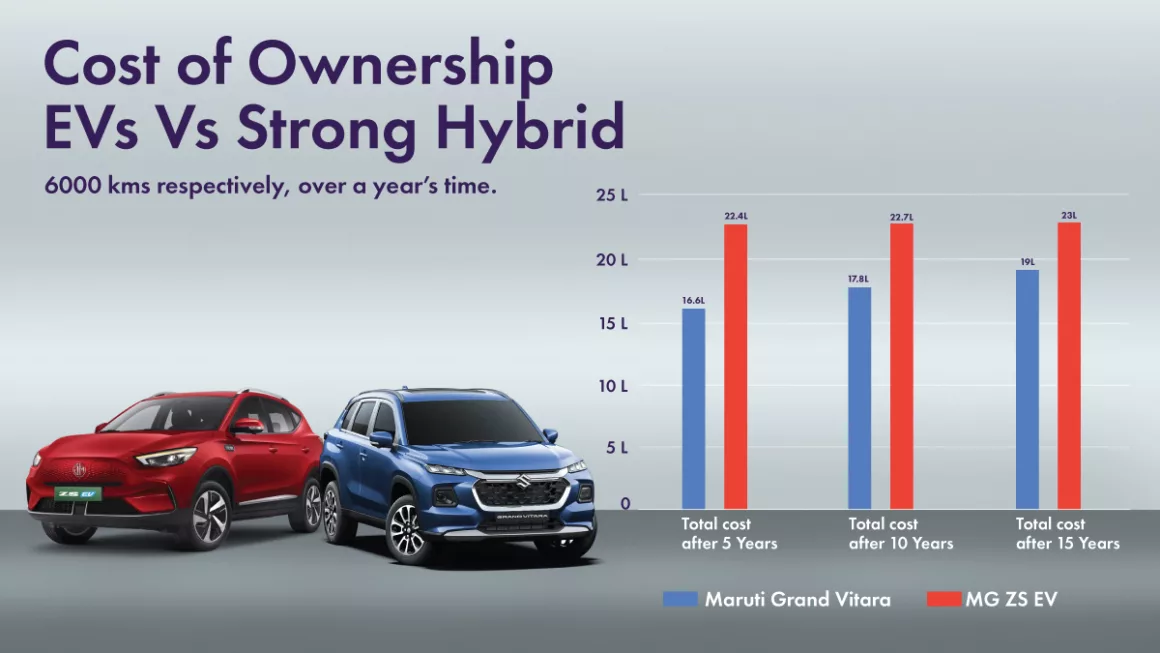
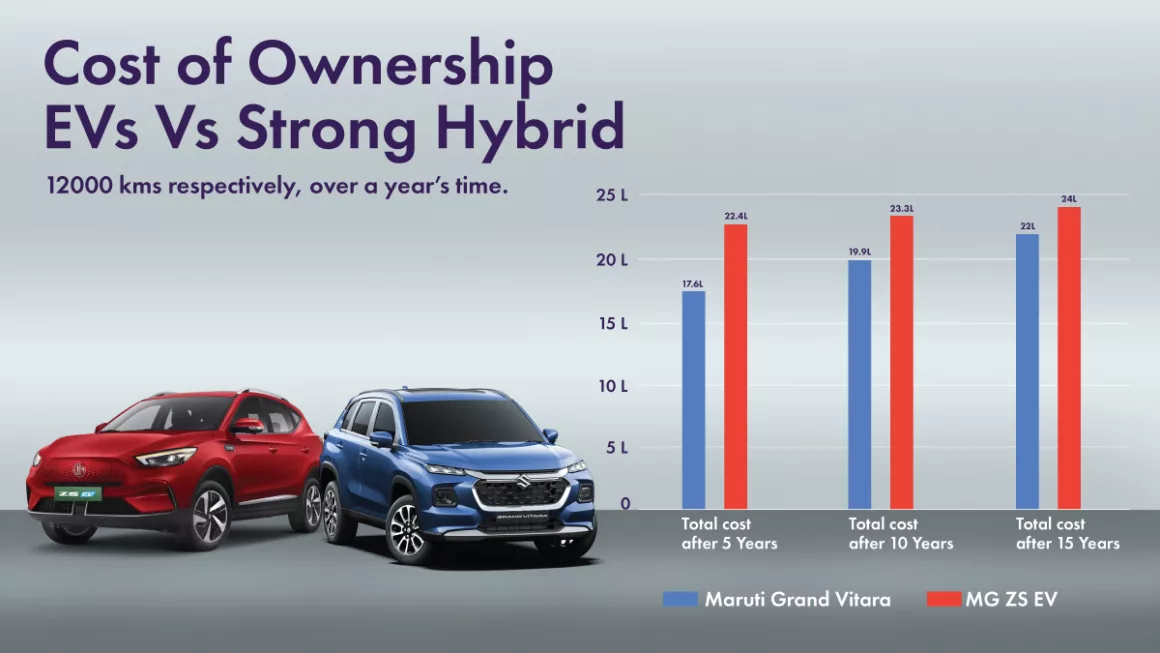
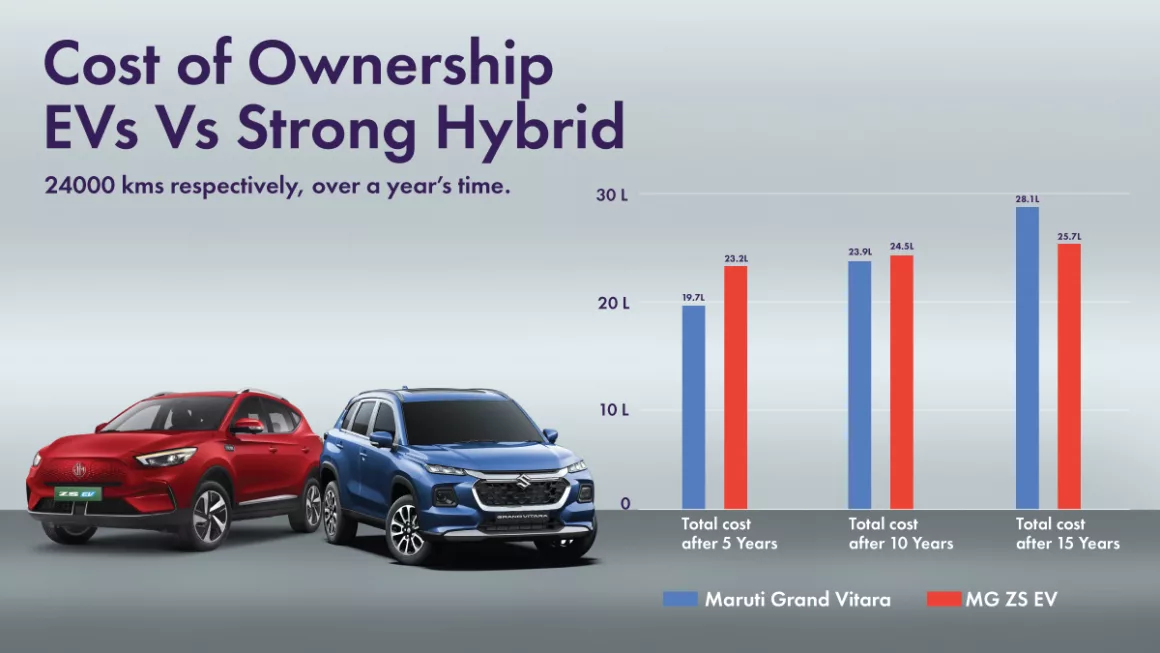
Analysis of Cost of Running for Different Annual Mileage
- For an annual mileage of 6000 km, the total cost of running the Maruti Grand Vitara and MG ZS EV shows a significant difference over time. This trend continues over 10 and 15 years, with the Grand Vitara remaining more economical. The higher initial cost of the MG ZS EV contributes to its higher total cost over time despite lower battery costs.
- When the annual mileage increases to 12000 km, the cost dynamics between the two vehicles become more prominent. After 5 years, the Grand Vitara’s total cost is ₹17,66,413, while the MG ZS EV is ₹2,269,904. Over 10 years, the gap widens, with costs at ₹1,986,826 for the Grand Vitara and ₹2,330,807 for the MG ZS EV. By 15 years, the costs are ₹2,207,239 and ₹2,391,711, respectively. The fuel savings from the MG ZS EV become more apparent with higher usage, but the Grand Vitara still shows a lower overall cost due to its lower initial purchase price and maintenance costs.
- For heavy usage of 24000 km annually, the cost analysis shifts more in favor of the MG ZS EV over the long term. Over 15 years, the MG ZS EV at ₹2,568,470 nearly matches the Grand Vitara’s ₹2,816,807, showing that the MG ZS EV becomes more cost-competitive with extensive driving due to lower fuel costs. The electric vehicle’s efficiency and savings on fuel outweigh the initial and maintenance costs in the long run for high-mileage users.
The Maruti Grand Vitara consistently shows lower total costs due to its lower initial purchase price and relatively economical petrol expenses. Although the MG ZS EV has higher upfront costs, its lower running costs partly offset this over time. However, the Grand Vitara still maintains a cost advantage over 15 years. Higher annual mileage (24000 km) increases the total costs for both vehicles, but the Grand Vitara’s cost remains significantly lower, highlighting its efficiency advantage in long-term, high-mileage scenarios.
These findings help consumers understand that while EVs like the MG ZS EV have lower running costs, the overall cost of ownership remains higher due to the initial investment and battery replacement costs. The Maruti Grand Vitara has a lower purchase price and maintenance costs according to the estimated calculations but with the constant price hike in petrol prices the EVs seem to be the preferred option. With numerous charging stations being installed and cheaper energy sources used, the charging cost of EVs is likely to be reduced over the years thus resulting in a overall lower cost.
Which Should You Buy?
After a detail analysis, we can conclude that:
Choose EVs if:
- You are looking for lower running and maintenance costs.
- You have access to charging infrastructure.
- You travel a longer distance monthly.
- You prefer an environmentally friendly option.
Choose Strong Hybrids if:
- You are concerned about the higher initial purchase cost of EVs.
- You have concerns about the range and charging infrastructure.
- You travel shorter distances daily.
- You prefer a vehicle with a more established service network.
FAQs about EVs vs strong hybrid Cars
Q. Are hybrids better than EVs?
For those who mostly commute short distances, have access to charging stations nearby or at home and can afford to spend a little more upfront to save on fuel later, EVs make sense, she said. For those who drive long distances and don’t have charging stations in their area, a hybrid is a good option.
Q. Is there any subsidy on strong hybrid cars in India?
Under the new FAME policy, strong hybrid cars may become eligible for incentives if they fall under the same Rs 15 lakh budget as prescribed for EVs under FAME I. However, as of now, there are no strong hybrid cars under that price.
Q. How much GST on strong hybrid cars in India?
Tax Differences Between EVs and Hybrids
At the moment, EVs are subject to a substantially reduced GST of only 5%, whereas hybrid vehicles are subject to a high rate of up to 48%.Q. What is the big drawback of hybrid cars?
Some of the drawbacks to owning a hybrid car include: Higher upfront costs. Maintenance can be expensive (when it’s needed) They still produce fossil fuel emissions.
